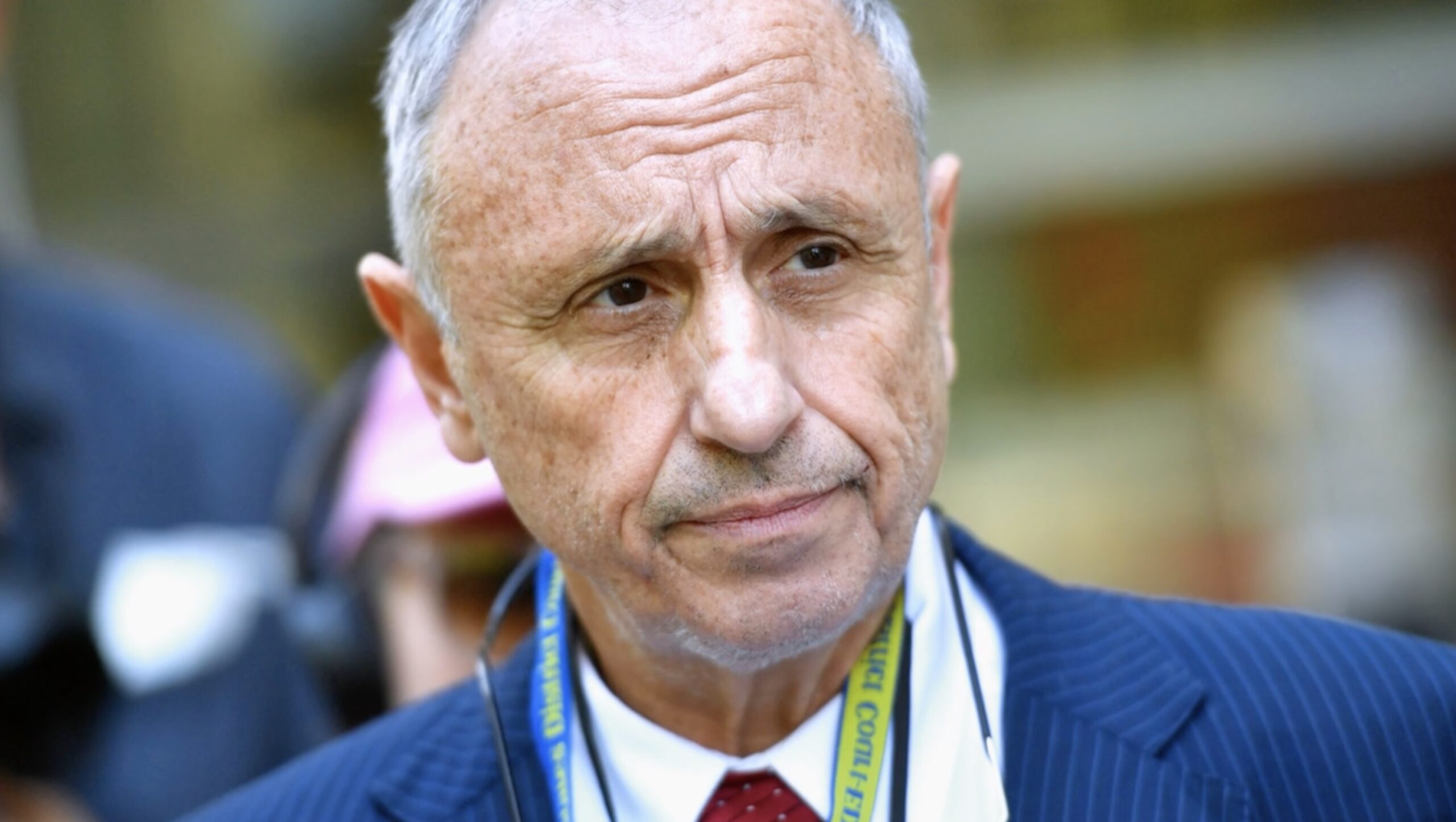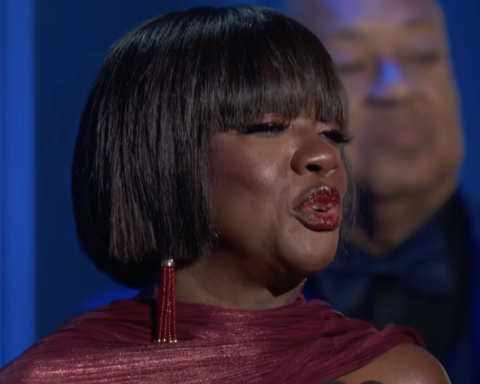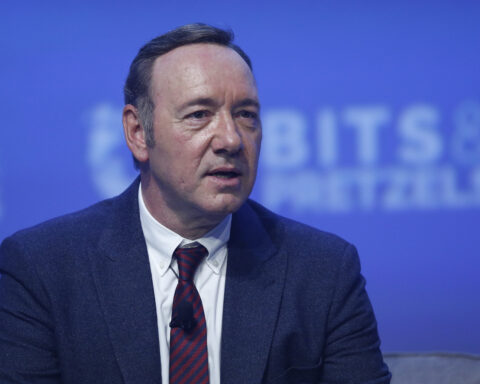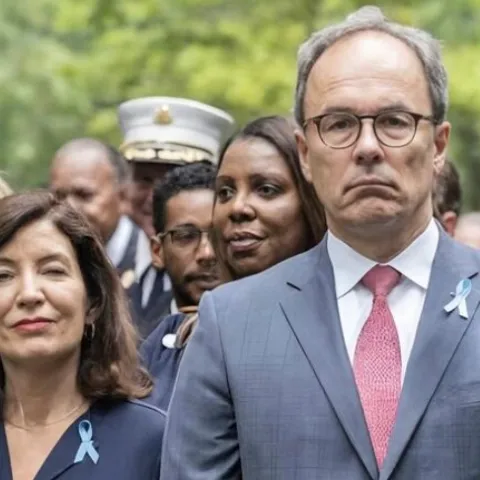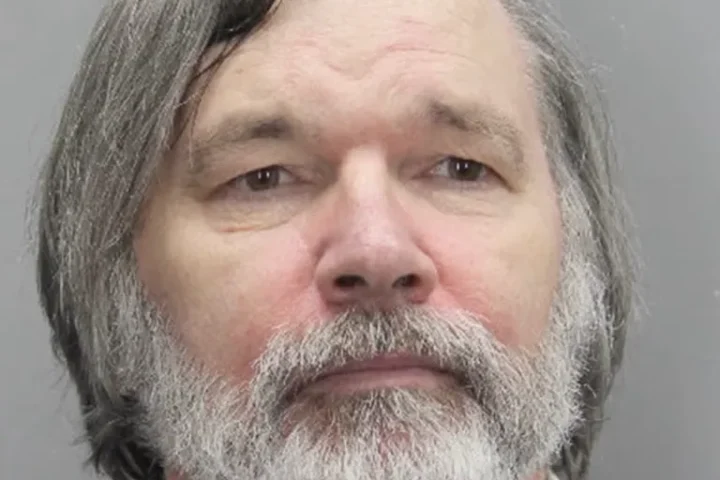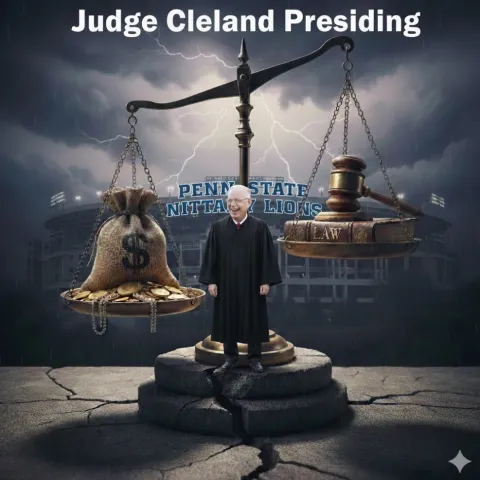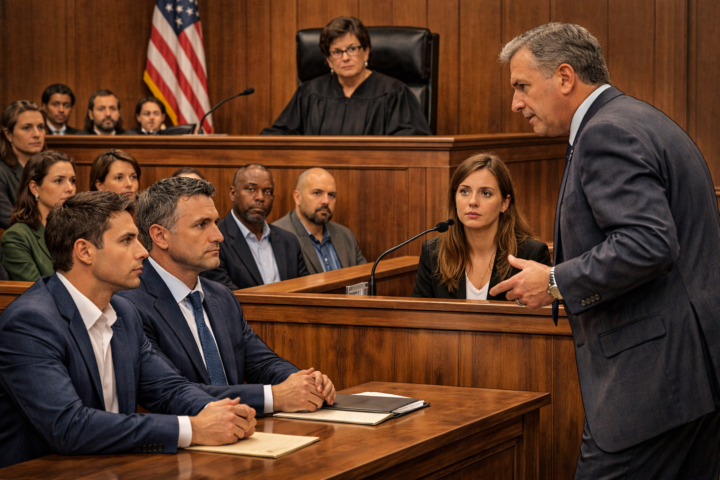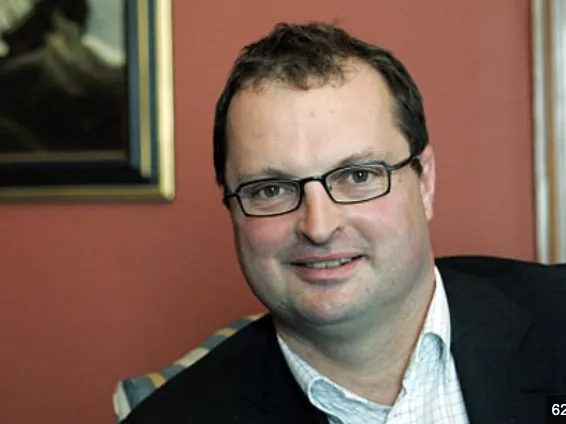By Frank Parlato
OAKLAND, Calif. — Former Oakland Mayor Sheng Thao was charged January 17 with bribery, conspiracy, wire fraud, and aiding and abetting in a sweeping federal indictment. The date coincided with the last day of the Biden administration.
Prosecutors say Thao conspired with her boyfriend, Andre Jones, and recycling tycoons David and Andy Duong to accept $170,000 in exchange for political favors.

The indictment’s star witness is a man named Mario Juarez—a local operator with a history of bad debts, bounced checks, and felony charges. He’s mentioned 76 times in the indictment. He allegedly planned it all. But he was never charged.
The Department of Justice gave him immunity.

The Alleged Bribes—and the Missing Benefits
Prosecutors claim Thao promised the Duong family three key favors:
• Help secure a city land deal at the Port of Oakland,
• An extension of California Waste Solutions’ recycling contract,
• A city purchase of housing units linked to the Duongs.
There’s just one problem: None of those things ever happened.
They couldn’t. Under the Oakland City Charter, the mayor had no authority to deliver any of them.
City records show:
• Oakland never executed a land deal.
• The Council never extended the recycling contract – it already runs through 2034.
• The Council never authorized the purchase of a single housing unit. The mayor never even asked the council to consider it.
So, how can there be a bribery case when the alleged bribees never got a thing?
Under broad federal anti-corruption statutes, even an unfulfilled promise can qualify as a bribe.
But the case still hinges almost entirely on one witness—Mario Juarez, a man with a checkered record and considerable motive to cooperate.

now Theyve Got His Name in Some Paper Next to the Words bribery and indictment a Man Who Treated Waste Better Than the Government Treats Justice and This Case Isnt Justice Its Garbage and Not the Kind He Built an Empire On
The First “Bribe”: A Bounced Check
According to prosecutors, the scheme began when David Duong paid $75,000 for political mailers supporting Thao’s 2022 campaign.
But in a separate California criminal case—People v. Juarez—records show the money didn’t come from Duong at all. It came from the government’s star witness, Juarez. And his check bounced.
Court filings in the state criminal case reveal Juarez shifted over $30,000 to a high school account under his teenage daughter’s name, then issued a bounced check to Butterfly Direct Marketing—leaving the vendor unpaid for the mailers.

The DOJ’s indictment doesn’t mention the bad check. Or the state criminal case against Juarez, or that the Alameda County DA dismissed the criminal charges against Juarez one month after the indictment of the Doungs, Thao, and Jones.
The case may be a first in the annals of bribery cases – on top of the alleged bribees getting nothing in return, the briber, who is the cooperating witness, bounced the bribery check.
The Second “Bribe”: A Sales Commission, Not a Job
While the feds were flat-out wrong about the first alleged bribery payment – that Duong paid for mailers for which he never paid – they seem to be mistaken about the alleged second bribery payment.
The feds allege Duong made two $35,000 payments to Thao’s boyfriend, Andre Jones. The feds called it a “no-show job,” which may not be precisely a term of art.
However, the payments were not for a job, not in the technical or even imaginative sense.

Jones and Duong signed a very specific “draw against commission” agreement. The indictment even says so. There was no job to show or not show up for: No hours, no specific duties. Their written agreement specified that Duong would advance Jones a draw against commission on sales of housing units that Duong’s company designed to house homeless people in California, designed to save municipalities millions in sanitation and other city services.

Duong made sizable investments in the emergency housing enterprise, and though they had hopes that the mayor would be supportive in Oakland, the plan was to sell in numerous cities. Duong also clearly understood, as the public learned from the indictment, that Mayor Thao could not buy the housing units. The eight-member Oakland City Council was the only authorized purchaser.

Jones never sold any housing units. However, the company’s failure was not due to his efforts. The failure was due to the government’s cooperating witness, Jaurez. He stole almost $1 million from the company, failing to deliver the housing units the company paid him to manufacture.
What the FBI Won’t Say About Their Star Witness
When the FBI raided the homes of the mayor and the Duongs and their recycling and housing business offices in June 2024—based on Juarez uncorroborated information, the informant was already under criminal investigation for more than $4 milion in mortgage fraud and the Alameda County DA had charged him with felony bad check fraud – for the mailers that Duong was supposed to have bribed Thao to do favors she never even tried to do.

Jaurez’s history includes:
• Real estate license revoked.
• Personal bankruptcy.
• Grand theft allegations.
• Accusations of forging collateral documents and threatening investors.
Juarez was desperate when he struck a deal with the feds. The case went up to top officials in the Biden administration, including a sign-off from the DOJ’s Public Integrity Section, because they were moving against a sitting mayor.
It remains clear that the feds gave Juarez a pass. Alameda County dropped all charges against Juarez one month after the DOJ filed the indictment against Thao and Duong.

Duong: The Builder. Juarez: The Grifter.
The case pits two very different men.
David Duong: A refugee who came to America legally after the fall of Saigon, who built from nothing a $500 million international recycling empire. His Bay Area company serves 1.4 million homes in Oakland and San Jose. And, back in the country he fled some 40 years earlier, he came back and brought his homeland his advanced technology and needed resources, and created Vietnam’s largest recycling facility – investing $150 million in the project.

David Duong is a man who began with nothing. As a teenager, he collected cardboard on the streets of Oakland. From the pennies he saved, he invested one dollar at a time into his own company and built it into what it is today.
He is a civic leader, an Obama appointee, and founded one of the largest Vietnamese American associations to help others from his native land succeed in America.

Jaurez’s story, on the other hand, begins and ends with nothing but a trail of people he has cheated.
He defrauded many investors with his affable hustle in business after business; Two collection agencies went belly up, with investors holding the bag. He lost his real estate license after allegations of fraud. He collected money for landlords and pocketed it, leading to grand larceny charges that he copped out on by claiming drug addiction and diversionary court bought it.

He scammed Duongs out of a million dollars and even ran a check-kiting scheme moving money through his teenage daughter’s bank account.
And the DOJ charged Duong.
Which one seems more likely to have orchestrated a scheme?
Stay tuned for our upcoming posts in the series. We will provide some additional clues to help readers answer the question posed above.


